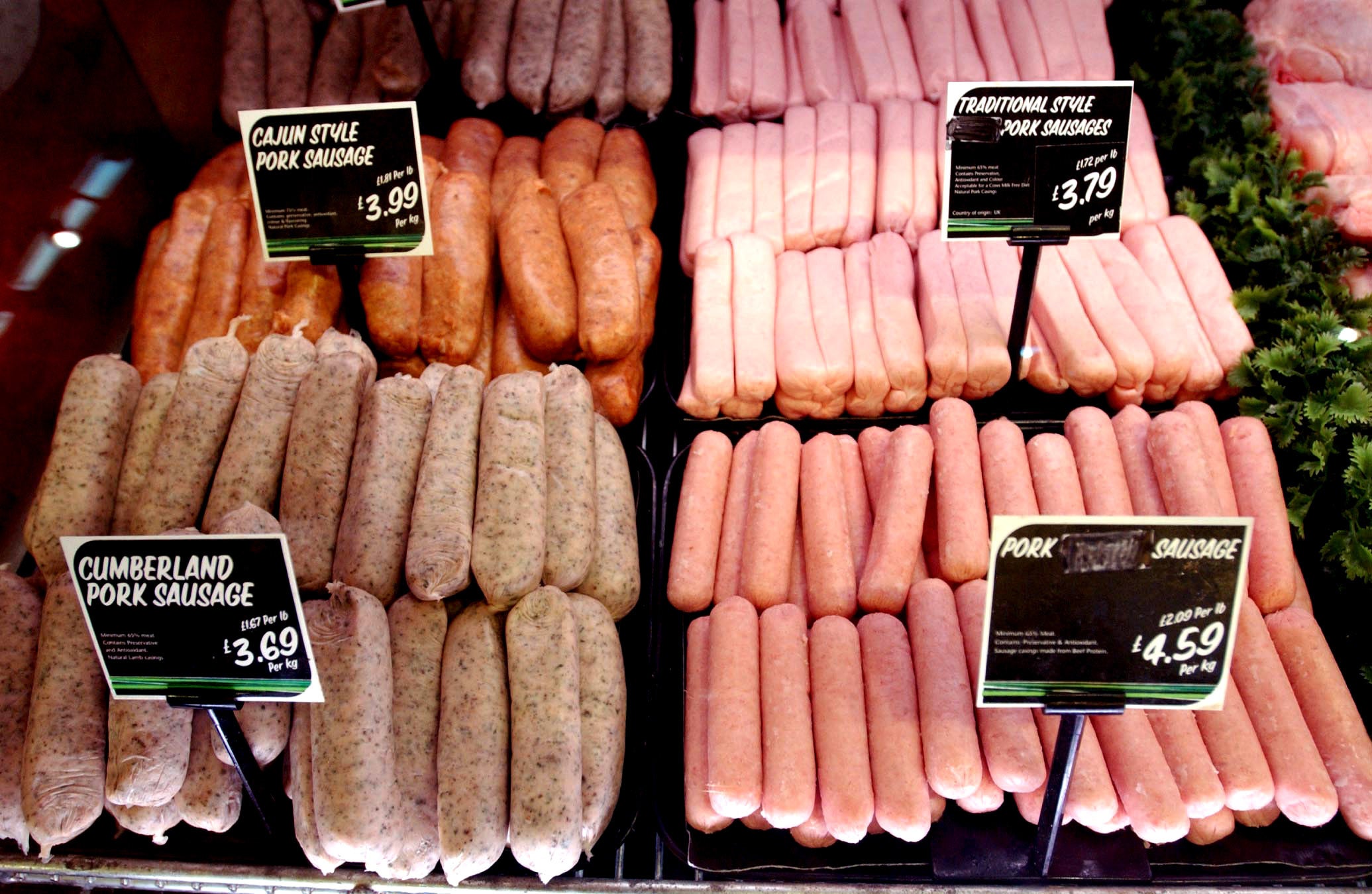Bank holiday barbecue warning as insurer records 38% jump in claims
The uplift is thought to be largely due to people having barbecues at home and burning rubbish in their gardens, Aviva said.

Your support helps us to tell the story
From reproductive rights to climate change to Big Tech, The Independent is on the ground when the story is developing. Whether it's investigating the financials of Elon Musk's pro-Trump PAC or producing our latest documentary, 'The A Word', which shines a light on the American women fighting for reproductive rights, we know how important it is to parse out the facts from the messaging.
At such a critical moment in US history, we need reporters on the ground. Your donation allows us to keep sending journalists to speak to both sides of the story.
The Independent is trusted by Americans across the entire political spectrum. And unlike many other quality news outlets, we choose not to lock Americans out of our reporting and analysis with paywalls. We believe quality journalism should be available to everyone, paid for by those who can afford it.
Your support makes all the difference.Households are being warned to take care around barbecues over the upcoming bank holiday weekend, as an insurance giant has recorded a huge increase in claims for fire damage.
Home insurance claims for fire damage increased by 38% year-on-year, when comparing May and June 2019 with May and June in 2020, according to Aviva’s own figures.
The uplift is thought to be largely due to people having barbecues at home and burning rubbish in their gardens during the first UK lockdown.
Flames from fire pits, which have become a fashionable garden accessory in recent years, can also get out of control.
With May 31 being a bank holiday, Aviva is urging households to take care.
Its records from last year show garden fire damage varied from a few hundred pounds-worth to six-figure sums.
In many cases, fires started in a neighbouring garden and blew over into the next door property.
Payouts for domestic fire claims settled in 2020 were around £21,000 on average, Aviva said.
Dave Lovely, claims director, general insurance at Aviva, said: “As people get together with friends and family over the long weekend, there’s every chance that barbecues will be popular again this year.
“However, with fire comes risk, and unfortunately last year we saw a huge increase in claims in May and June when bonfires and barbecues had gone wrong.
“Problems can occur when fires and barbecues are situated too close to sheds, fences and buildings and this is something we often see through our claims. Another common cause is when people have disposed of embers while they’re still too hot and they’ve gone on to set a bin alight and caused a bigger blaze.
“Fire pits have also grown in popularity in recent years, and while they’re great for keeping warm on those cooler days, we’ve seen several examples where flames have got out of hand.
“There are a few simple steps people can take to minimise their risks, so we’d urge people to play it safe if barbecues and bonfires are on the menu.”
Aviva has some tips when lighting garden fires and barbecues:
– Think about the position of your fire. Make sure it is not too close to any trees, fences, hedges, buildings and wooden structures such as sheds and pergolas.
– Have a chat with your neighbours. Remember that neighbours can report nuisance fires to local authorities. It is also a common courtesy to warn them about possible smoke, particularly if their washing is on the line.
Likewise, if your neighbours are setting up a fire close to an adjoining fence or near to your property, you could politely suggest an alternative spot. Many fires start in neighbouring properties and get carried across.
– Never leave a fire or barbecue unattended and have someone on guard if there are small children or pets around. Make sure your barbecue is in good working order and read the instructions if you are using it for the first time, particularly if you are using a gas-fired model.
– Dispose of your ashes carefully. Ashes which have not cooled down properly and wheelie bins are a bad combination – and Aviva claims data shows this is one of the most common causes of garden fires.
– Always have a bucket of water or sand on hand, in case flames get out of control.
– Use accelerants sparingly and clear up any spills thoroughly.
– Watch the weather forecast. Have a rethink if the weather is windy. A strong breeze can spread flames across a large distance and send sparks flying into neighbouring gardens.
– Alcohol and flames are not a good mix. Drink responsibly if you are using a barbecue or lighting a fire.